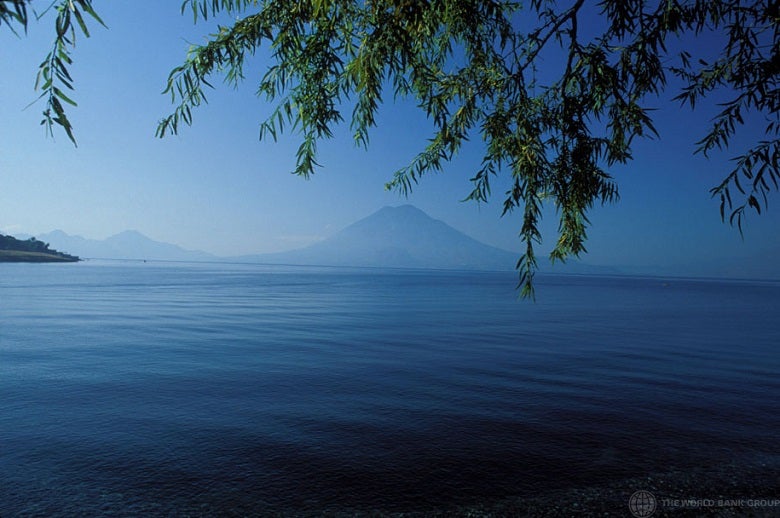
Here are some facts that you might not know:
- Over the last 60 years, Guatemala has lost almost half of its forests, much of it due to illegal logging.
- Built-up area around Lake Laguna in the Philippines has more than doubled between 2003 and 2010.
- The mining sector accounts for 10-15 percent of total water use in Botswana.
The results above are among the numerous NCA findings that are being generated every year, with support from a World Bank-led global partnership called Wealth Accounting and the Valuation of Ecosystem Services (WAVES). In response to the growing appetite for information on NCA, WAVES has set up a new Knowledge Center bringing together resources on this topic.
Countries have made remarkable progress in implementing NCA over the last few years, and when I look over the wealth of resources in the Knowledge Center, four achievements really stand out:
- Natural Capital Accounts are being completed and implemented. The numbers are in, and they are truly making a difference when it comes to informing policy decisions. In Guatemala, forest accounts revealed extensive illegal logging, leading to new regulation and the strengthening of forest institutions. In the Philippines, results from Lake Laguna’s ecosystem accounts recently made headlines as local and national government authorities discussed options for retaining the lake’s fish stocks, reducing pollution, and minimizing flood risks. And in Botswana, accounts are informing how the country’s scarce water resources are being allocated between the mining, agriculture and service sectors. Across the world, NCA is showing results for many different countries and types of accounts, from land accounts in Brazil to water accounts in Mauritius.
- Countries and organizations are sharing their knowledge on NCA. Many developing countries are taking the lead in sharing their experiences about implementing NCA in complex, data-poor settings. The Philippines, a pioneer in ecosystem accounts, coordinated with WAVES to host a first-of-its-kind knowledge exchange workshop in February 2015, following a similar event held by Costa Rica to advance NCA in Latin America. In addition, success stories around incorporating ecosystem services into policy have emerged out of Chile, Trinidad and Tobago, South Africa and Vietnam, as part of UNEP’s ProEcoServ Project.
- Work on hard-to-measure ecosystem services is progressing. Many middle-income countries want to go beyond the standard methodologies provided for water, minerals and forest accounts to tackle the hardest-to-measure natural capital questions, like how we benefit from ecosystem services. Technical know-how for mapping ecosystem services has grown substantially, while the lessons learned from smaller pilot accounts are now being applied at scale, such as in Colombia’s Orinoquia region.
- NCA is being applied in developing and developed countries alike. NCA can be a valuable planning tool for any country, regardless of income level. Agricultural accounts in Canada showed that natural and semi-natural areas on farms provide many ecosystem services, including habitat provision, water regulation and scenery. In Australia, environmental accounts are shedding light on the income, jobs and ecosystem services provided by world-renowned parks such as the Great Barrier Reef and the Twelve Apostles in Victoria State, which will feed into park management documents. And in the United States, there is renewed push for incorporating NCA into federal policy making.


Join the Conversation